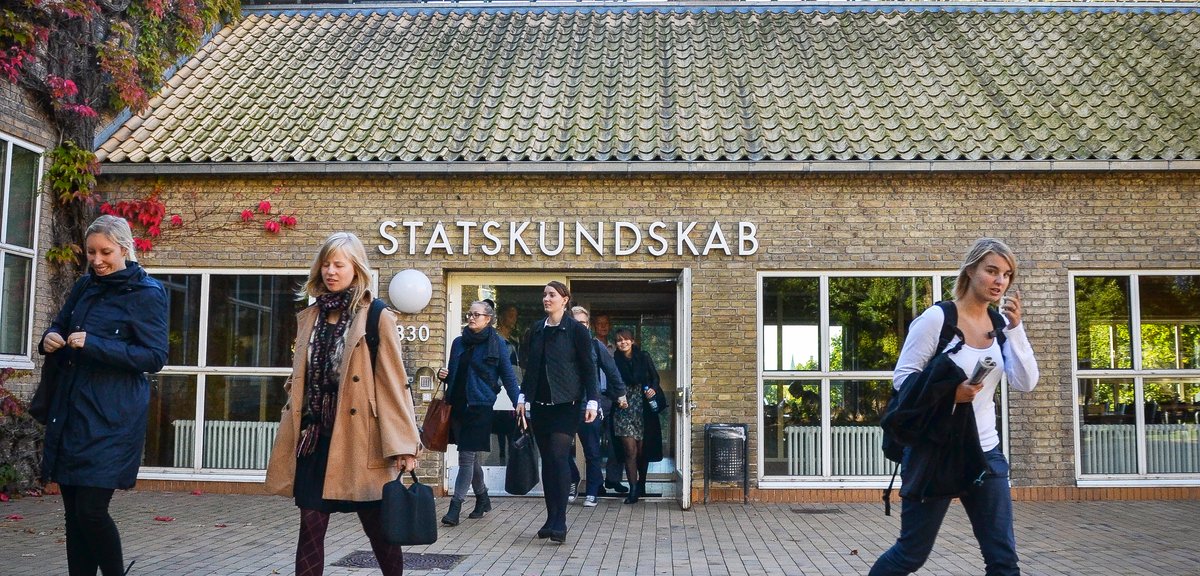About RURPE
RURPE is an interdisciplinary research unit with focus on radicalization and the prevention of extremism. We are committed to the study of radicalization and violent extremism in all its empirical manifestation, including group-based and lone actor radicalization, homegrown terrorism and foreign fighting, large-scale extremist movements and counter-movements, and across religious and ideological convictions. We conduct and pursue empirical research on the individual, cognitive and situational risk factors of radicalization, inter/intra-group dynamics that propel and accelerate radicalization as well as socio-ecological factors at the community level that may foster community resilience against violent extremism or may facilitate the emergence of radicalizing settings. We are interested in what radicalization and violent extremism is, how and why it comes about, and where it happens. And, not least, its effects on society at large.
RURPE researchers are invested in promoting research evidence to strengthen policies and practices in the area of radicalization prevention and interdiction as well as efforts to mitigate the negative effects of terrorism. The research unit is involved in a number of projects that study the practical implementation and effects of local and national level efforts to counter radicalization. Here we are interested in the types of policy instruments used, their practical implementation and the way authorities communicate about them to stakeholders and the public.
The purpose of RURPE is through research collaboration and exchange of ideas to:
1) integrate relevant theories from different research areas, including political science, sociology, criminology, personnel and social psychology, risk communication and community resilience building,
2) test integrated theoretical aspirations using a variety of methodologies, including case studies, quantitative content analysis, archival research, interviews, focus groups, cross-country comparative designs, surveys, survey experiments, lab experiments and field experiments, and
3) provide an evidence base for improving prevention of radicalization and violent extremism and related risk communication.
In addition to connecting ongoing research on radicalization and the prevention of violent extremism, RURPE serves as the framework for paper presentations and feedback, invited guest lectures, dissemination and validation activities with practitioners and academic conferences.
